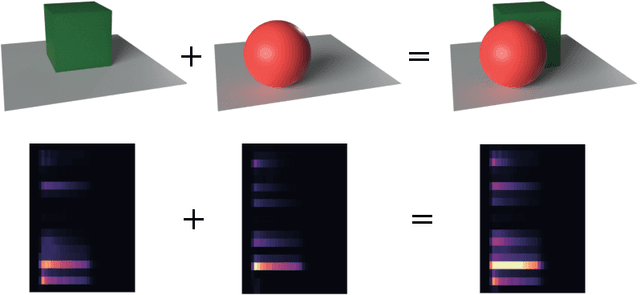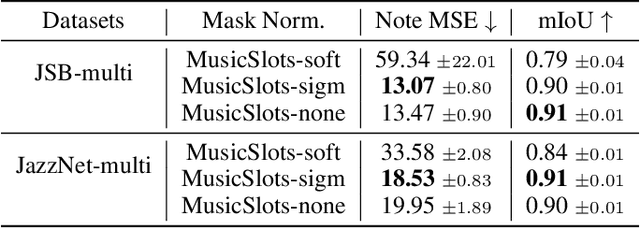Joonsu Gha
Learning Actionable World Models for Industrial Process Control
Mar 03, 2025



Abstract:To go from (passive) process monitoring to active process control, an effective AI system must learn about the behavior of the complex system from very limited training data, forming an ad-hoc digital twin with respect to process in- and outputs that captures the consequences of actions on the process's world. We propose a novel methodology based on learning world models that disentangles process parameters in the learned latent representation, allowing for fine-grained control. Representation learning is driven by the latent factors that influence the processes through contrastive learning within a joint embedding predictive architecture. This makes changes in representations predictable from changes in inputs and vice versa, facilitating interpretability of key factors responsible for process variations, paving the way for effective control actions to keep the process within operational bounds. The effectiveness of our method is validated on the example of plastic injection molding, demonstrating practical relevance in proposing specific control actions for a notoriously unstable process.
Unsupervised Musical Object Discovery from Audio
Nov 14, 2023



Abstract:Current object-centric learning models such as the popular SlotAttention architecture allow for unsupervised visual scene decomposition. Our novel MusicSlots method adapts SlotAttention to the audio domain, to achieve unsupervised music decomposition. Since concepts of opacity and occlusion in vision have no auditory analogues, the softmax normalization of alpha masks in the decoders of visual object-centric models is not well-suited for decomposing audio objects. MusicSlots overcomes this problem. We introduce a spectrogram-based multi-object music dataset tailored to evaluate object-centric learning on western tonal music. MusicSlots achieves good performance on unsupervised note discovery and outperforms several established baselines on supervised note property prediction tasks.
 Add to Chrome
Add to Chrome Add to Firefox
Add to Firefox Add to Edge
Add to Edge